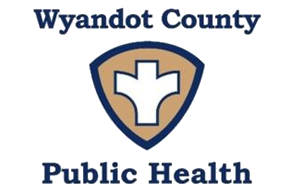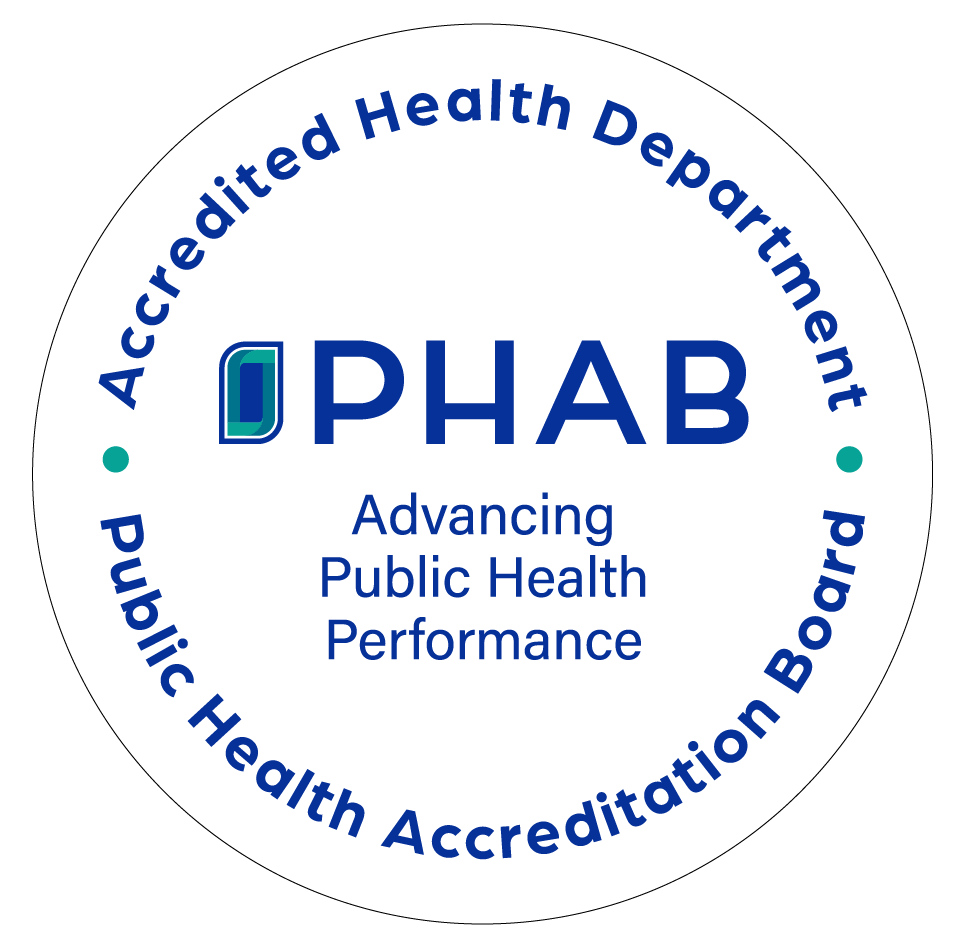Wyandot County Public Health continues to monitor and prepare for potential local cases of the corona (COVID-19) virus and informing you of how to prepare your family for emergencies.
Preparations for a flu outbreak are very similar to preparations for other types of disasters. The main difference is that during flu outbreaks, such as COVID-19, it is recommended that you protect yourself from disease when you are out in public during an outbreak season. Remember, we are still in flu season and the signs and symptoms of COVID-19 are similar to the flu: fever, cough and shortness of breath. There is currently no vaccine to prevent COVID-19. The best way to prevent illness is to avoid being exposed to this virus.
You can help slow down the spread of disease throughout our communities by frequently washing your hands for 20 seconds or more with soapy water, especially after blowing your nose, coughing, or sneezing; going to the bathroom; and before eating or preparing food. If soap and water is unavailable, use alcohol-based hand sanitizer with at least 60% alcohol. Avoid touching your eyes, nose, or mouth with unwashed hands. Avoid close contact with sick people. Encourage employees to stay home when they are sick (except to visit a health care professional) and avoid close contact with others. Cover your mouth/nose with a tissue (then throw the tissue in the trash) or a sleeve when coughing or sneezing. Clean and disinfect frequently touched objects and surfaces using a regular household cleaning spray or wipe.
Prepare your home for the potential of disease by keeping an adequate supply of water, food, and pet food in your home. If you take prescription drugs, contact your health care provider, pharmacist, or insurance provider about keeping an emergency supply at home. Talk to caregivers about backup plans in the event a primary caregiver becomes ill. Meet with immediate family, relatives, and friends to discuss future needs in the event of an infectious disease outbreak. Talk with neighbors about planning. Join neighborhood information webpages or emails. Plan ways to care for people at higher risk, including: the very young, the elderly, and people with chronic diseases or compromised immune systems.
Identify community organizations that may be able to help if you need information, health care services, or other resources. Create an emergency contact list of family members, friends, neighbors, health care providers, teachers, employers, etc. Keep a working thermometer and respiratory medications, like decongestants, expectorants, and analgesics (ibuprofen, acetaminophen), on hand. Choose a room and, if possible, a bathroom, in your home that could be used to separate family members who become sick.
Learn about the preparedness plans of your children’s childcare facilities, schools, and/or colleges. Plan for childcare in the event of temporary school closing. Ask about your employers’ preparedness plans, including sick-leave policies and “work from home” options.
Be prepared to cancel or postpone your attendance at large events, such as sporting events, conferences, and worship services. Avoid crowds. Be prepared for cancellation or disruptions of public transportation services. Be prepared to cancel non-essential travel plans. Get a flu shot this season if you haven’t already. It won’t protect against COVID-19, but it can help protect against flu or lessen symptoms if you get it, lessening the strain on health care facilities. In the event of illness, it is recommended that you call ahead to healthcare providers and facilities to let them know your signs and symptoms so that preparations can be made for your arrival.
The Ohio Department of Health (ODH) has opened a call center to answer questions regarding coronavirus (COVID-19). The call center will be open 7 days a week from 9:00 a.m. to 8:00 p.m. and can be reached at 1-833-4-ASK-ODH (1-833-427-5634). For more information on COVID-19, visit the Center for Disease Control and Prevention website at cdc.gov/COVID19.

